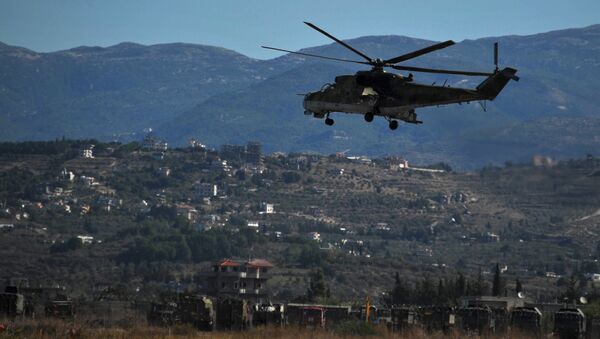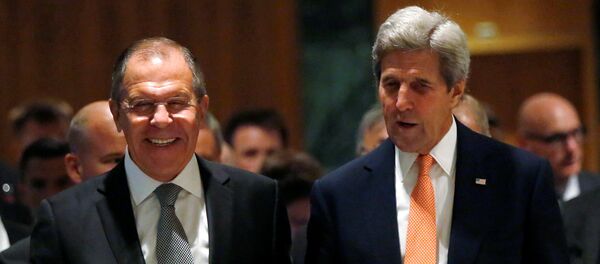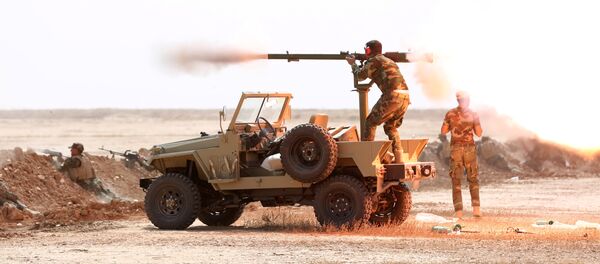Bordachev, who heads the Center for European and International Studies at the HSE, called this the key trend that will shape the future world order. He also added that it has been exposed by the Syrian crisis.
These countries have split into camps, or, as Bordachev called them, "support teams." De jure Russia, China and Iran "are not fighting for Syria against the United States and their allies in Europe and the Gulf," he observed. "But a proxy war between them is ongoing."
The Syrian crisis probably offered a glimpse of what's to come in the fall of 2013 when Russia's vigorous diplomatic efforts prevented the US and its allies from launching a military campaign against Damascus. This, according to the analyst, was something that no one "could have possibly imagined after the end of the Cold War."
The outcome of the "multilevel standoff" in Syria has not been determined yet, but one key implication of the conflict has already become clear.
"A period when a small group of countries enjoyed the right to act based on its own interests while disregarding international moral code and law has ended. This is extremely important in terms of understanding what world awaits us in the future and what has to be done to make it if not safer, then less dangerous," the analyst said.
This is not to say that other countries will openly challenge the West or spark a conflict with the US and its partners. Bordachev ruled such a scenario out.
"A group of countries will not challenge the West … but they will simply act in the international arena as they see fit and do what corresponds to their national interests," he said. "This in and of itself has collided with the international order that took shape" following the end of the Cold War. "This is why the rule that 'only one can break the rules' will hardly be revived as a norm of international dialogue," he added.



